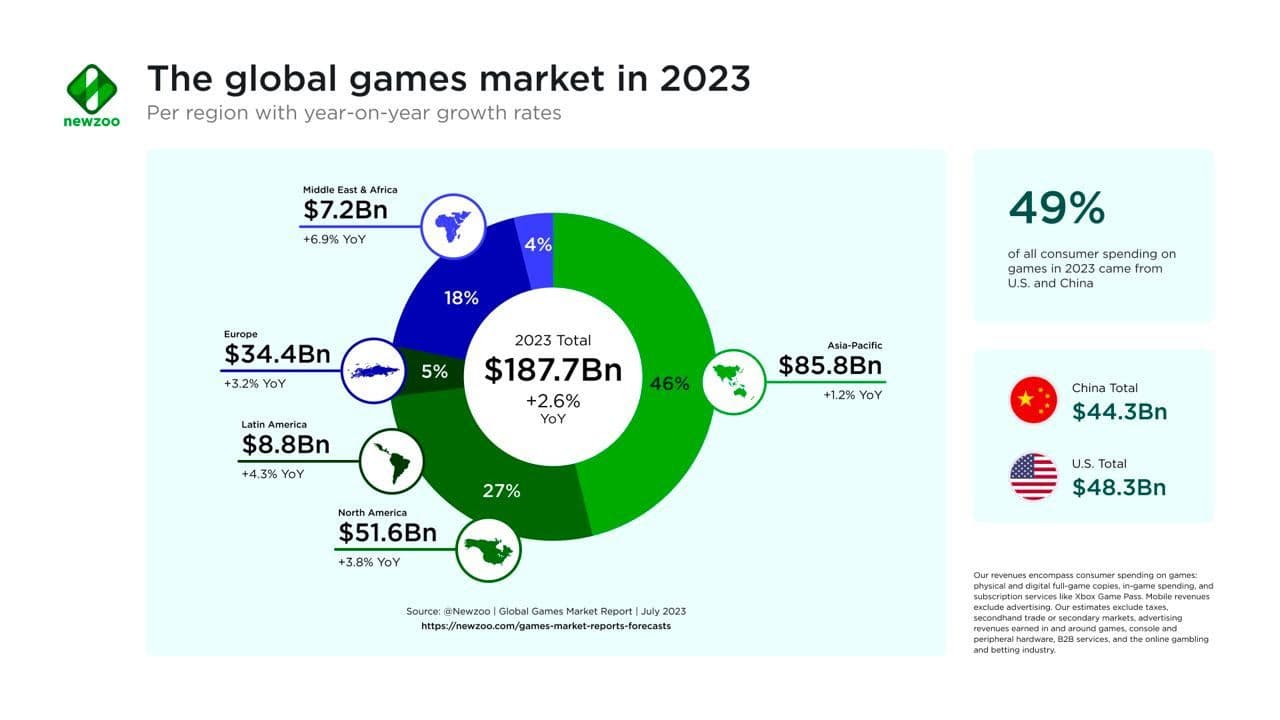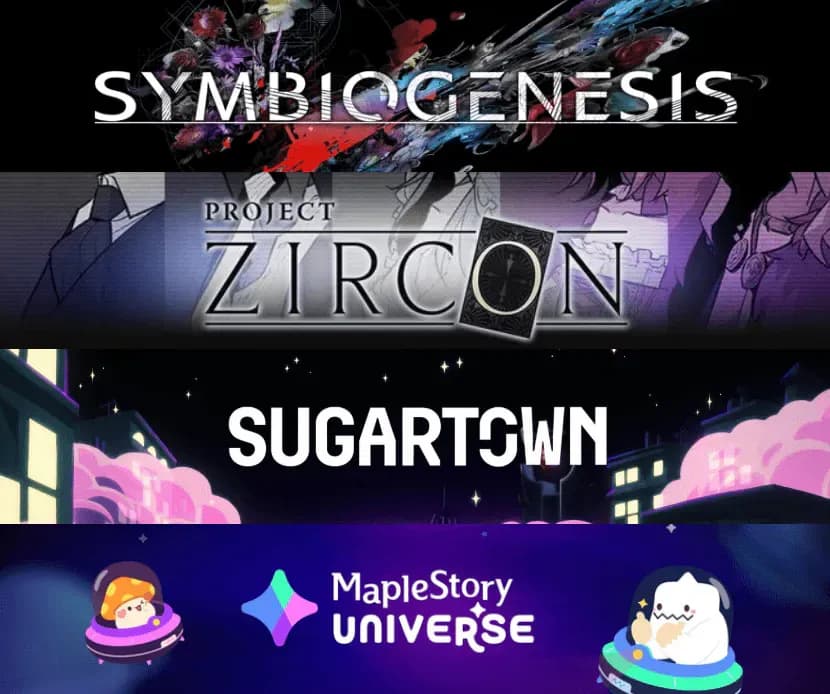Japan, the iconic homeland of gaming giants like Nintendo and Sega, is experiencing a renaissance in the global gaming industry, fueled by the emergence of web3 technology.
The country is known for hundreds of classic titles and IPs, ranging from Super Mario to Sonic The Hedgehog, Street Fighter to Tetris. Moreover, Japan was a pioneer in video gaming crazes, the birthplace of cultural phenomenons like Pokémon and Tamagotchi which were among the first Intellectual Properties (IPs) to cross the divide between digital and physical realms.

However, the Japanese gaming industry recently entered a period of decline that was overshadowed by U.S.-based developers dominating the market with titles such as Grand Theft Auto and Fortnite. Targeting a new generation of consoles, such as the Xbox and PlayStation, Nintendo and Sega’s consoles became relics of the past. Lastly, the recent explosive growth of mobile gaming further swayed Japan’s status as the “world’s top video game developer”.

Despite all this, Japan is now at the forefront of the play-to-earn gaming movement, leveraging blockchain and cryptocurrencies to redefine the gaming landscape as we currently see it today. In this article, we unpack key milestones in the Japanese gaming industry's strides into web3.
Government Backing
The Japanese government has shown a progressive stance on blockchain and web3 technologies, with Prime Minister Fumio Kishida recognizing the transformative potential of digital assets. Last year's WebX conference in Tokyo, attended by over 10,000 industry stakeholders, featured Prime Minister Kishida as a keynote speaker, emphasizing blockchain's role in shaping a new, digitized economy. Masaki Taira, leading Japan's web3 development efforts, highlighted gaming as a pivotal growth driver for the industry.

Cultural Identity
Japan's distinctive cultural identity, known for embracing innovative technologies, is a driving force behind its success in the web3 gaming industry. The country's rich gaming history, including iconic titles like Pokémon and Tamagotchi, aligns seamlessly with the principles of web3 gaming. Projects like OASYX Series 2 exemplify this blend, requiring players to nurture and raise NFT-based lifeforms, offering a nostalgic yet technologically advanced gaming experience.
The concept of "Poikatsu," rooted in Japan's enthusiasm for loyalty programs and rewards, aligns with the play-to-earn model. Blockchain-based apps like StepN, encouraging outdoor activities for cryptocurrency rewards, showcase the cultural synergy between Japan and the evolving web3 gaming landscape.

Video Game Giants
Major Japanese game developers, including Sega (Battle of Three Kingdoms), Bandai Namco (RYUZO), Square Enix (Symbiogenesis), Konami (Project Zircon), and Ubisoft (Champions Tactics), have embraced web3 technologies, working on blockchain gaming projects and forming partnerships with web3 companies. Ubisoft's launch of Champions Tactics: Grimoire Chronicles marks the company's entry into the web3 gaming space. Over 20 game developers have become validators on the gaming-focused blockchain Oasys, actively participating in transaction validation, network security, and governance.

Diverse Partnerships
Financial institutions like SBI Group have recognized the potential of blockchain gaming, with the SBINFT Marketplace pivoting to focus on web3 gaming. Collaborations with the Oasys blockchain have positioned SBI NFT as a prominent venue for trading gaming NFTs. Media companies such as DMM, GREE, MIXI, and telecommunications giants NTT Docomo and KDDI are also investing in or validating blockchain gaming projects, underscoring the broad industry support for web3 technology.

International Collaboration
Japan's web3 gaming industry is drawing international attention, with South Korean companies like Com2uS collaborating with Oasys to explore new avenues for growth.
Gaming-centric blockchain Oasys recently confirmed the partnership with the leading Korean game developer Com2uS, the conglomerate behind video game titles such as ‘Summoners War: Chronicles’ and ‘The Walking Dead: All-Stars,’ and its web3 business subsidiary XPLA. The alliance marks a significant step in the developer’s expansion into the Japanese market.
The influx of developer talent from countries like China and South Korea contributes to Japan's expanding web3 gaming ecosystem. The government's support, combined with collaboration from big businesses, positions Japan as a thriving hub for web3 gaming innovation.

Final Thoughts
Thanks to the convergence of Japan's gaming legacy, cultural affinity for innovation, and robust support from both government and industry, the country is making significant strides in reclaiming its status as a leader in video game development. The web3 gaming renaissance in Japan is not just a resurgence; it's a testament to the nation's ability to adapt, innovate, and thrive in the ever-evolving gaming landscape.





